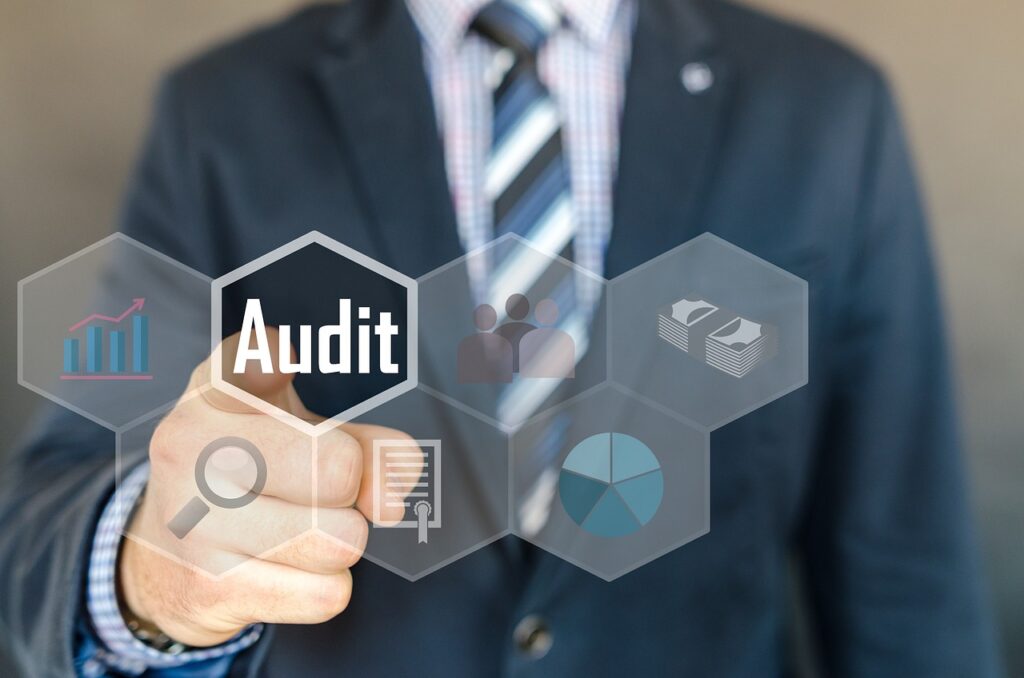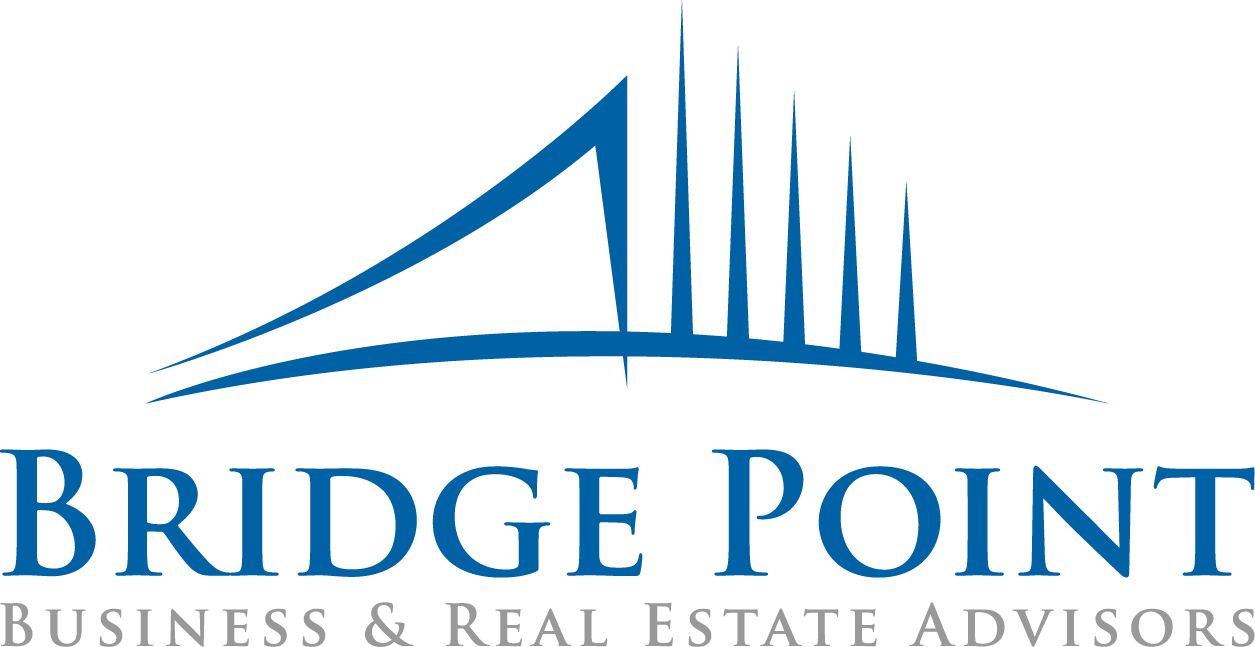At Bridge Point Business & Real Estate Advisors, we recognize the critical role that forensic accounting plays in the buying and selling of businesses. When embarking on a business transaction, accurate and transparent financial information is paramount. Our expert forensic accountants delve into the financial history of a business, scrutinizing financial records, transactions, and accounting practices to unearth any irregularities, undisclosed liabilities, or misrepresented financial information. This rigorous analysis can reveal potential issues such as fraud, embezzlement, or inaccurate financial reporting that could significantly impact the value of the business or the viability of the transaction.
If you’re buying a business, our forensic accountants act as your financial detectives, providing peace of mind by validating the financial integrity of your potential investment. Bridge Point Business & Real Estate Advisors partners with Forensic Accounting services, so together we can navigate the business transaction process with confidence and assurance.

Certified Fraud Examiners (CFE)
Partnering with a Certified Fraud Examiners (CFE) offers unmatched expertise in detecting, preventing, and investigating potential fraud. Choosing a CFE means you’re opting for a professional recognized worldwide for their knowledge and proficiency in the anti-fraud field, ensuring a thorough, reliable, and meticulous review of the financial statements.
Buying a Business
Forensic Accounting is especially important when buying a business for several reasons:
- Identifying Financial Misrepresentations: The seller’s financial statements are a significant factor in deciding the purchase price. Forensic accountants can identify if the seller has inflated revenues, hidden liabilities, or engaged in other deceptive practices that artificially enhance the company’s financial picture.
- Uncovering Fraud or Illegal Activities: Beyond financial misrepresentation, forensic accountants can spot signs of fraudulent activity, such as embezzlement or money laundering, that could bring significant legal and financial risks to the new owner.
- Confirming Compliance: Forensic accountants can ensure that the business has complied with tax laws, industry regulations, and financial reporting standards, avoiding potential penalties and reputational damage after the purchase.
- Evaluating Internal Controls: An assessment of the company’s internal controls can identify weaknesses that make the company susceptible to fraud or errors. This information is valuable in determining the resources required to rectify these issues post-acquisition.
- Due Diligence: In general, forensic accounting is a vital part of the due diligence process, providing the buyer with a detailed and accurate understanding of the company’s financial health and history. This comprehensive financial scrutiny supports informed decision-making, helping the buyer to negotiate a fair price and avoid costly surprises down the line.
In essence, forensic accounting provides a layer of financial protection for buyers, enabling them to make confident, informed decisions when acquiring a business.
Commercial Property
Forensic accounting plays a pivotal role in the buying and selling of commercial property, similar to its importance in business transactions. Here’s why:
- Identifying Financial Misrepresentations: Forensic accountants can analyze the financial information related to the property, such as income statements, expenses, tax returns, and leases, to ensure they are accurate and not misrepresented. This can protect buyers from overpaying and help sellers set a fair price.
- Uncovering Fraud or Illegal Activities: Forensic accountants can identify signs of fraudulent activity that could significantly impact the transaction. This might include undisclosed liabilities, such as pending lawsuits or environmental issues, or income derived from illegal activities.
- Verifying Compliance: A forensic accountant can help confirm the property owner has complied with all relevant financial regulations, tax laws, and reporting requirements, reducing the risk of potential legal issues and penalties after the transaction.
- Due Diligence: Forensic accounting contributes to thorough due diligence by providing a comprehensive analysis of the financial aspects of the property. This aids in making informed decisions, understanding the potential return on investment, and negotiating a fair deal.
- Determining Property Value: Forensic accounting can play a role in determining the property’s value, including assessing the current and potential income the property could generate, and any costs or liabilities associated with it.
Whether you’re buying or selling commercial property, engaging forensic accounting services provides you with a more accurate and comprehensive understanding of the property’s financial situation, reduces risks, and supports smoother and more successful transactions.
